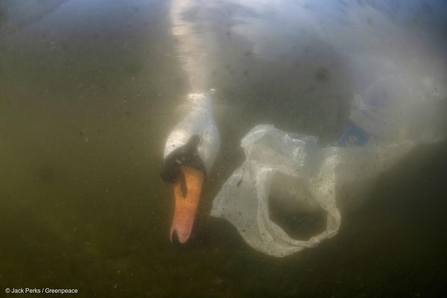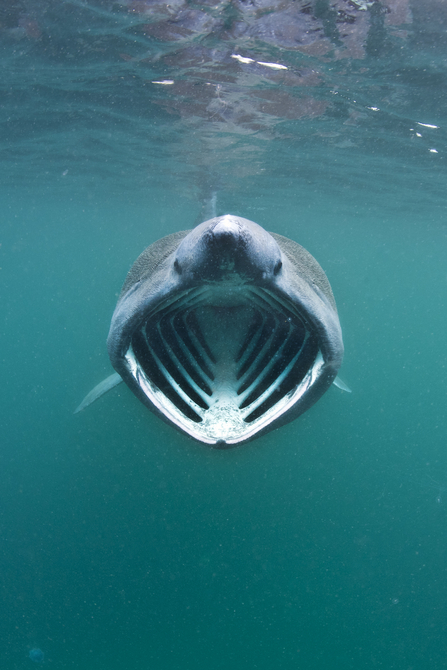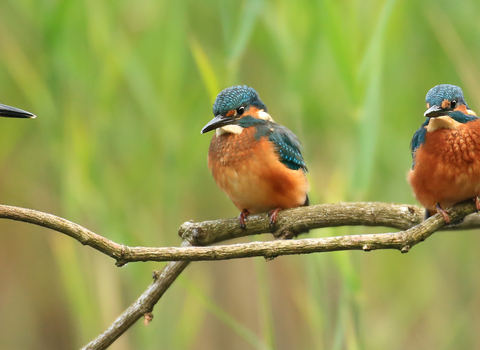Plastic pollution
It’s been hard to miss recent news about our plastic waste. Did you know for instance, that WWF also predict that by 2050 there could be more plastic in the ocean than fish? You can help put an end to the plastic surge by cutting out single-use, everyday plastics right now. Some simple swaps include:
- Bamboo toothbrushes made from sustainable bamboo are an easy way to ditch the excess plastic.
- Beeswax (or soy wax) wraps do a great job of covering pots and bowls rather than clingfilm, and are also useful for wrapping foods like sandwiches and cut veg.
- Out and about? - Carry your own cutlery, tupperware and paper straw. Taking 5 minutes to make your own picnic can also help you avoid the pesky plastic of the meal deal.
- You may be surprised to hear that many teabags have plastic woven into the fibres, or are sealed with a plastic-based glue. A quick internet search will show you which brands are plastic-free.
There are lots more ideas for going plastic free here.




